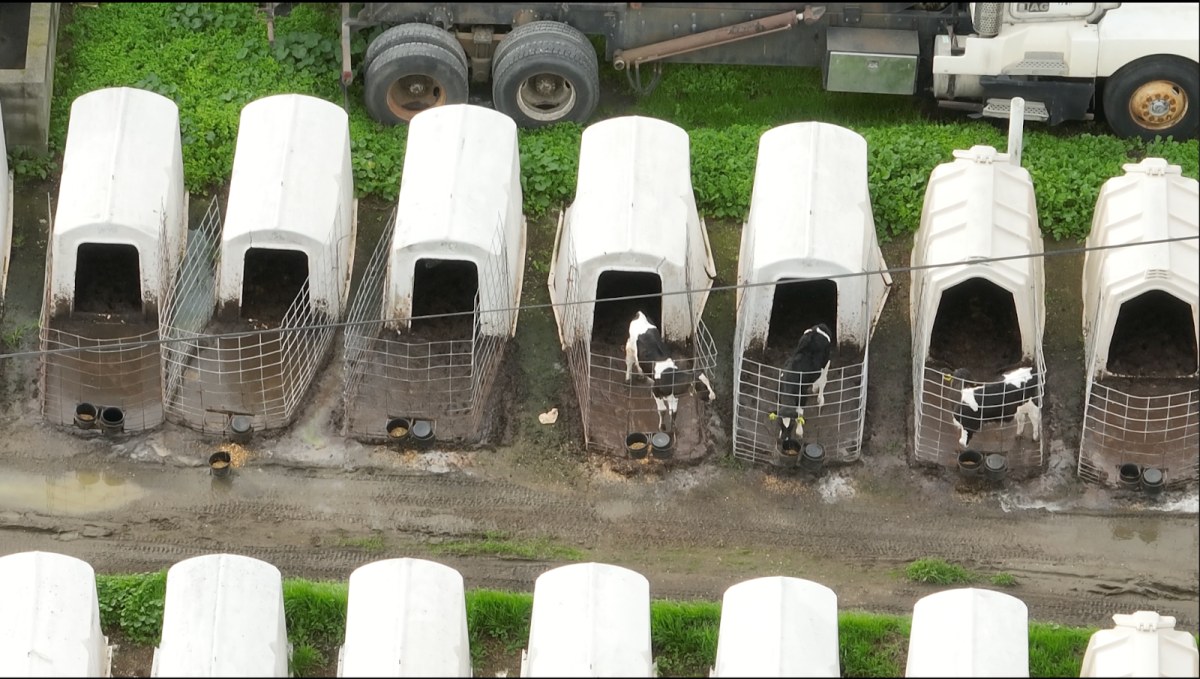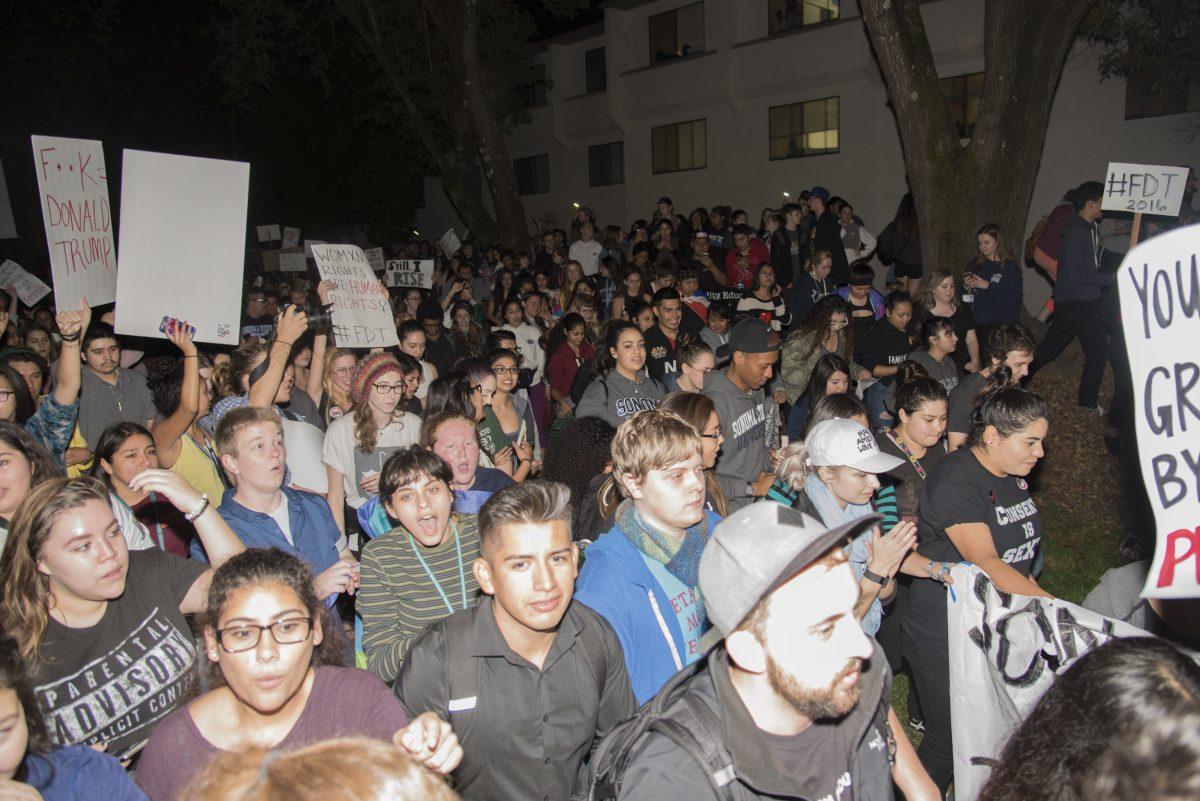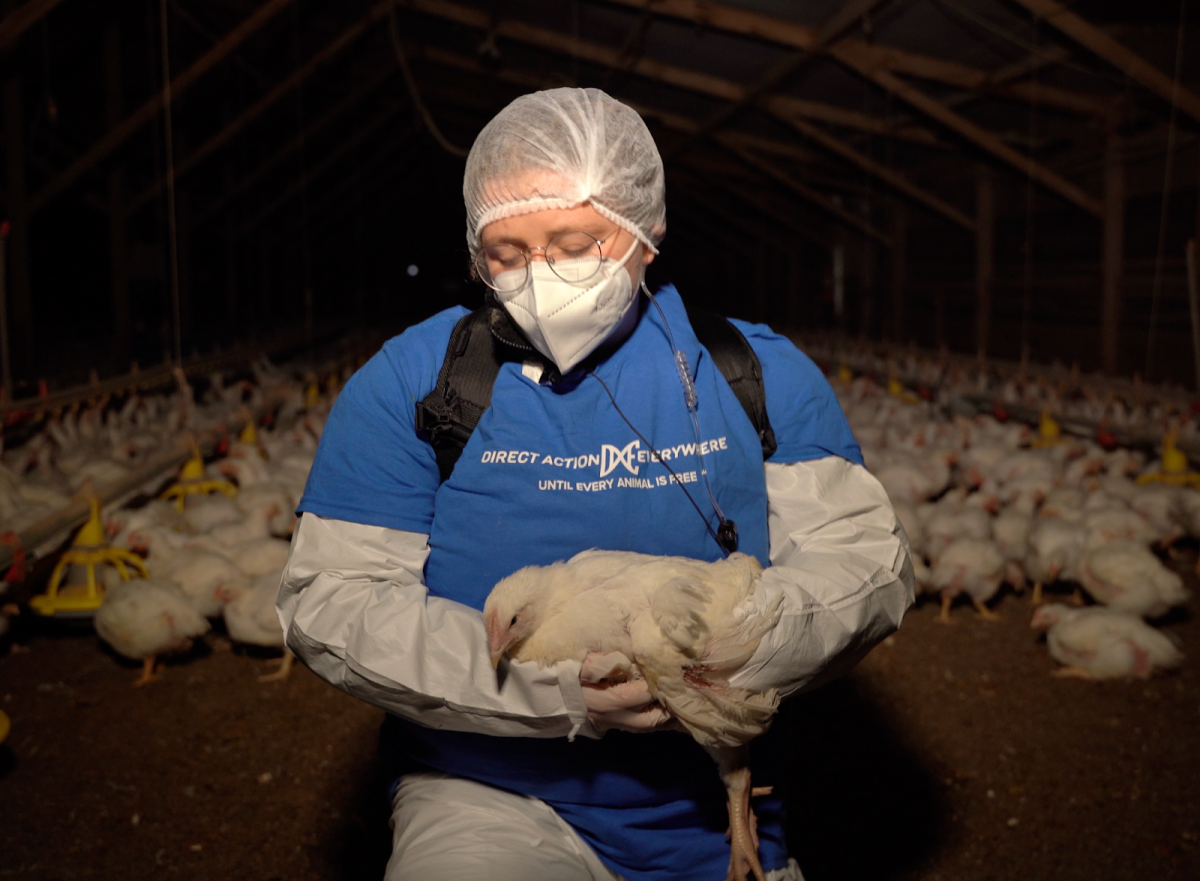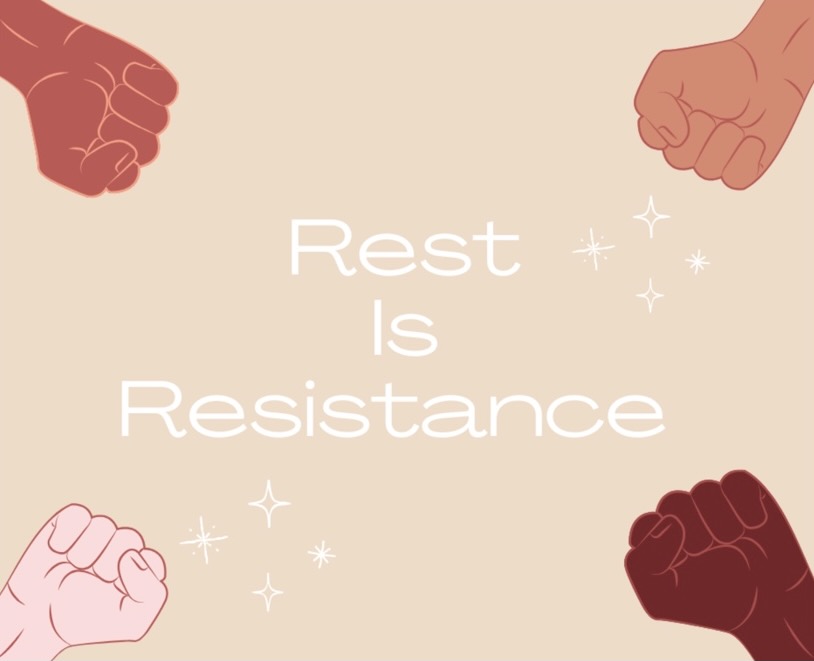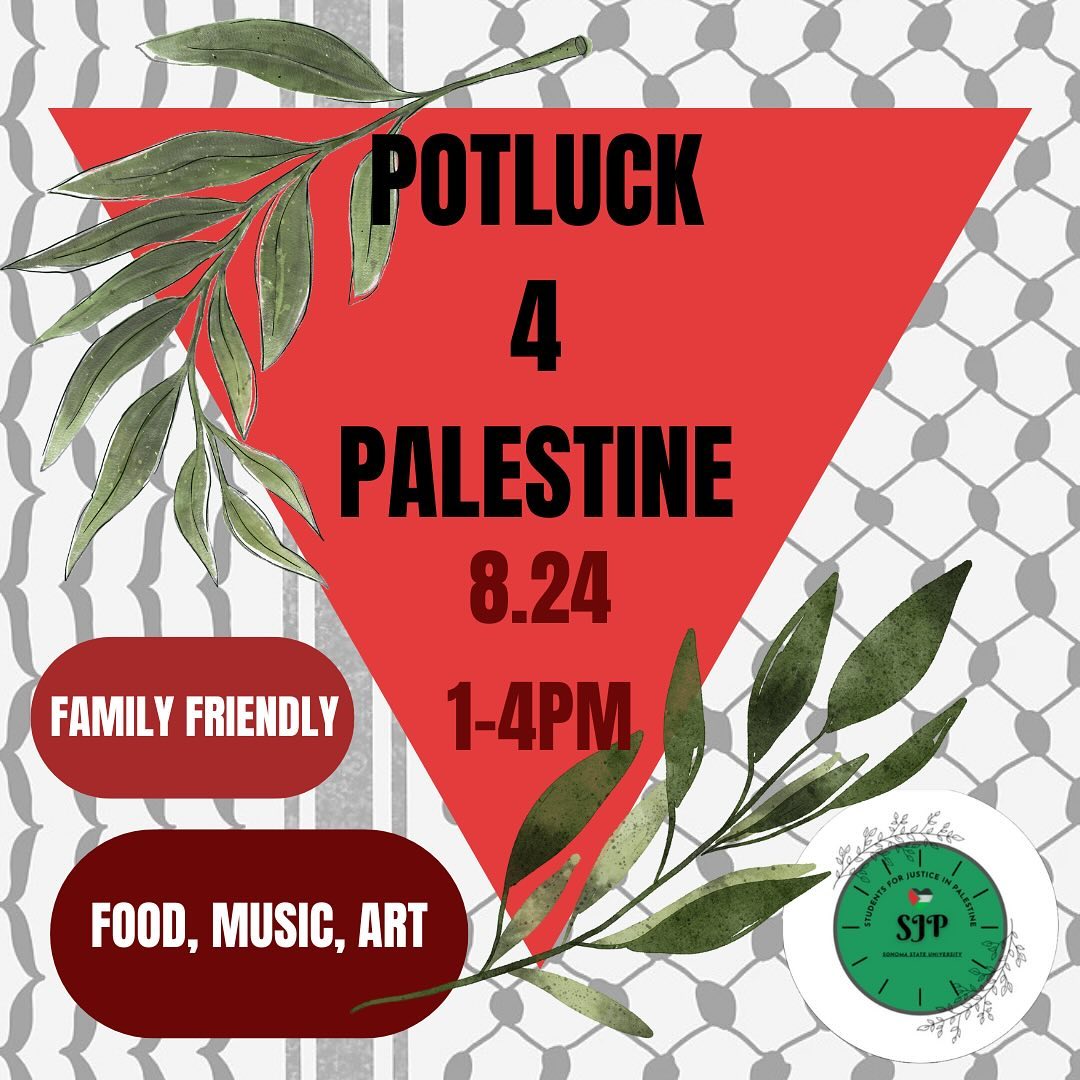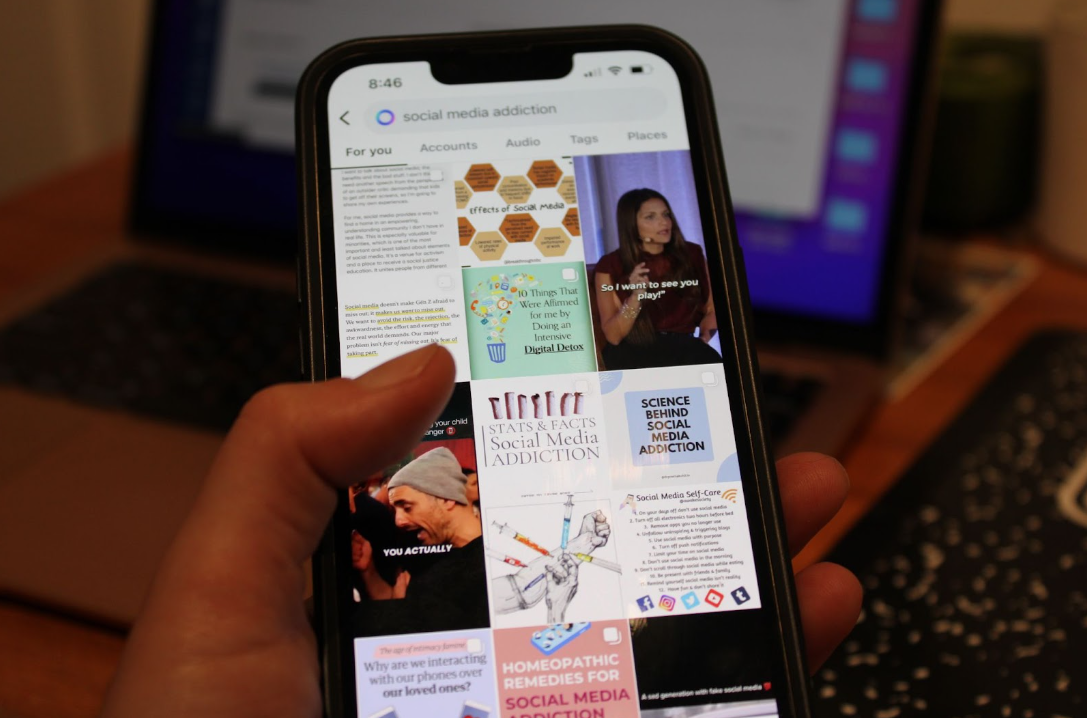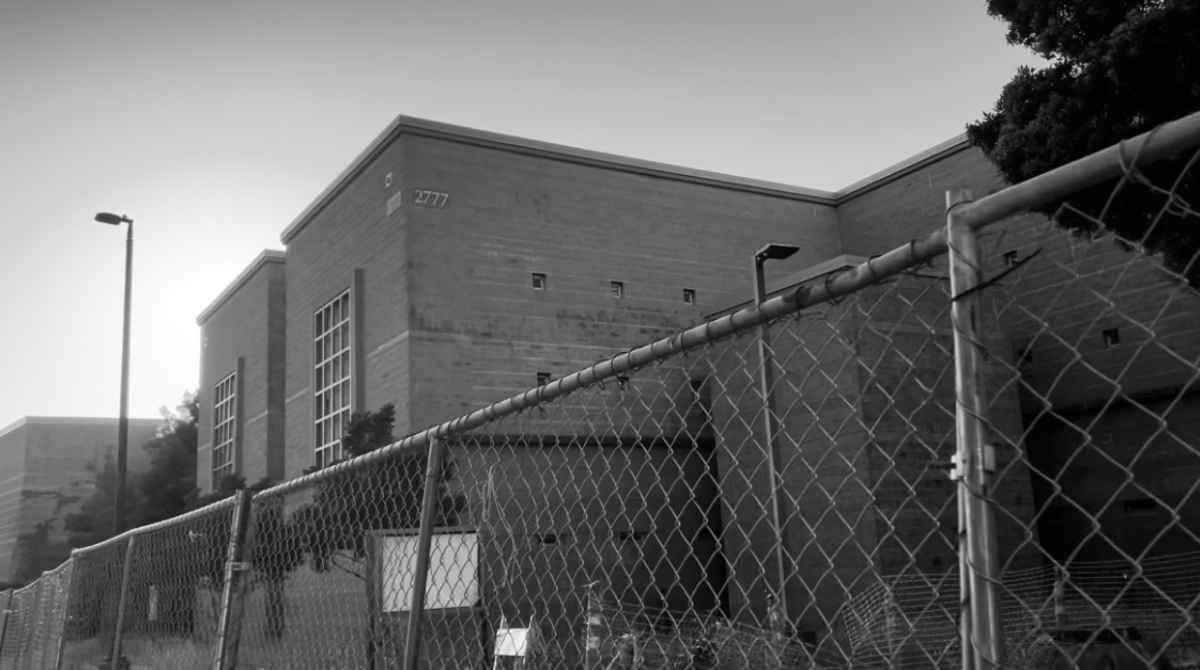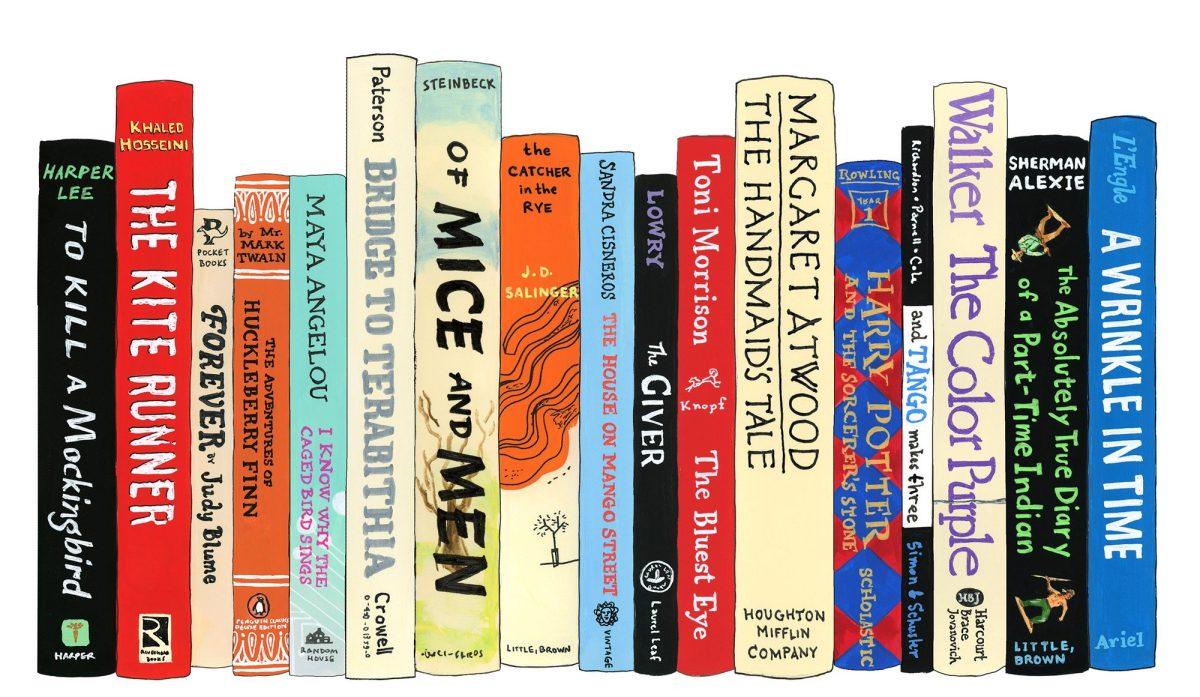Children as they grow are exposed to all sorts of material in books; material in the eyes of parents that could potentially damage their child or benefit them. Swearing, sexual content, or even mention of magic or fantasy are reasons why parents and teachers alike feel the need to ban books.
Mentions of certain lifestyles such as drug use, gang affiliations, and crime can make books be banned or censored heavily. Books with gay relationships or gay characters can easily be taken off of shelves. Words such as “God” and “Jesus” can be found offensive. Religious affiliations within books such as providing info on christianity or others, and the mention of witchcraft can be seen as satanic and inappropriate. Political bias is something often banned as well.
The way books are considered banned are by being challenged. Parents, administration, libraries, teachers, political or religious groups and elected officials are the ones who challenge books. A challenge is just an attempt to remove/restrict certain books. From there it goes to the American Library Association (ALA). The ALA have been tracking challenged books since 1990. Just this past year, the ALA have recorded 483 books that have been challenged.
While the ALA have been dealing with the challenges of books, they have also found a way to fight back by bringing Banned Book Week. Banned Book Week is simply a week that gives families the opportunity to celebrate reading and to talk about censorship with their kids. It’s another form of fighting for freedom of expression. This year it’s Sept 22-28, which is now seen as an international effort to celebrate the freedom to read.
The parent of the child is still somewhat in control to the kind of material they see, however they can’t really restrict what they read. Everyone is entitled to express their views and opinions about books but they should not have the right to limit someone’s access to knowledge and information.
Melissa Scholes Young, a writer for the Washington Post said she wouldn’t censor any type of reading to her kids. “I’ve never censored their reading. I’d rather watch them stumble in their own reading discoveries than limit their exposure.”
If parents were so worried about their kids being exposed to certain materials then they would also take their mobile phones, T.V., internet and videogames. Literally all aspects of media contain some of the same reasons as to why books are banned. Taking care of a child is important, and letting them grow and be curious about certain topics is a must. Experiencing some of these topics can help children be more aware and accepting.
For example, a Catholic school in Tennessee banned a Harry Potter book for containing witchcraft. Pastor Dan Reehil said “the curses and spells used in the books are actual curses and spells, which when read by a human being risk conjuring evil spirits into the presence of the person reading the text.”
Some recent books that have been brought up to be challenged were the Twilight saga books as well as The Hunger Games books. One for religious view and violence while the other contained sexually explicit content, violence and was also seen as unsuitable for certain age groups.
The big reasons why children should be reading banned books are that they can relate to the books on a personal level. Certain books have more to offer than just curse words.
A parent should not limit what their child reads or views. Children are curious and tend to explore their own imagination, and they need to do so when it comes to reading.

